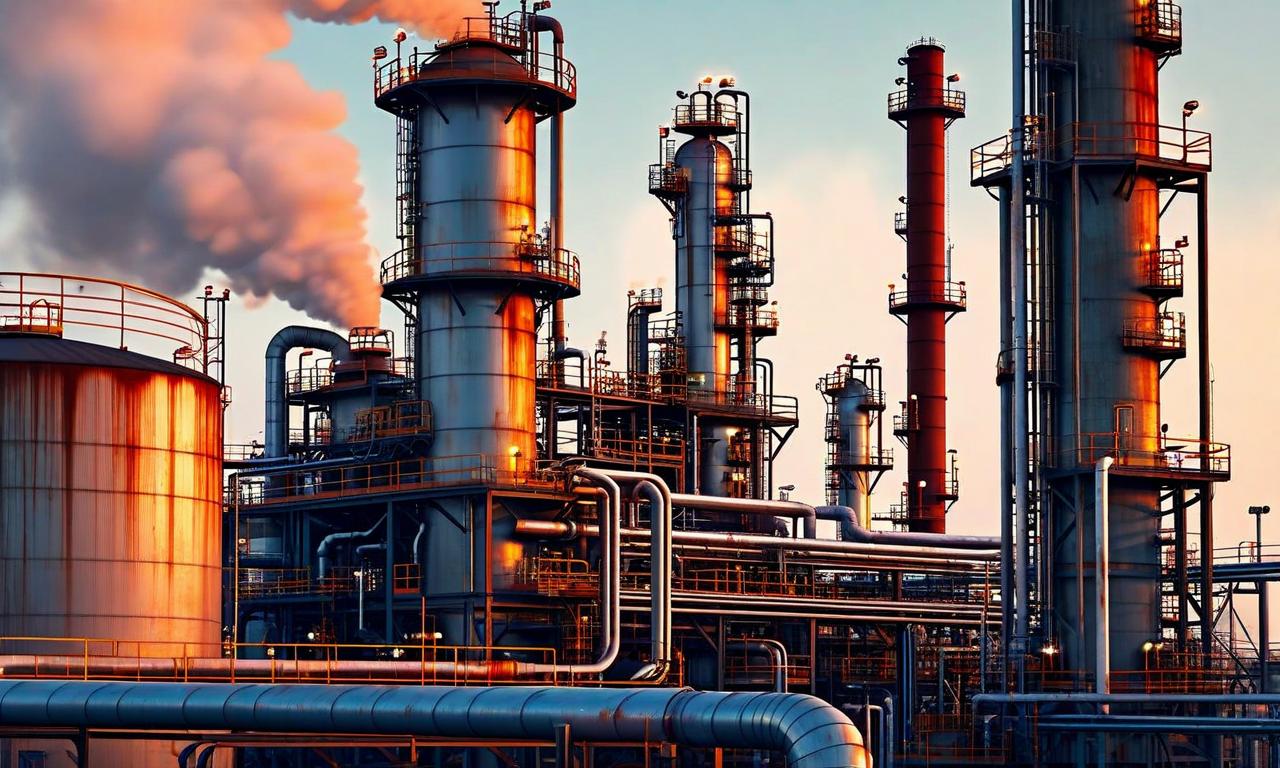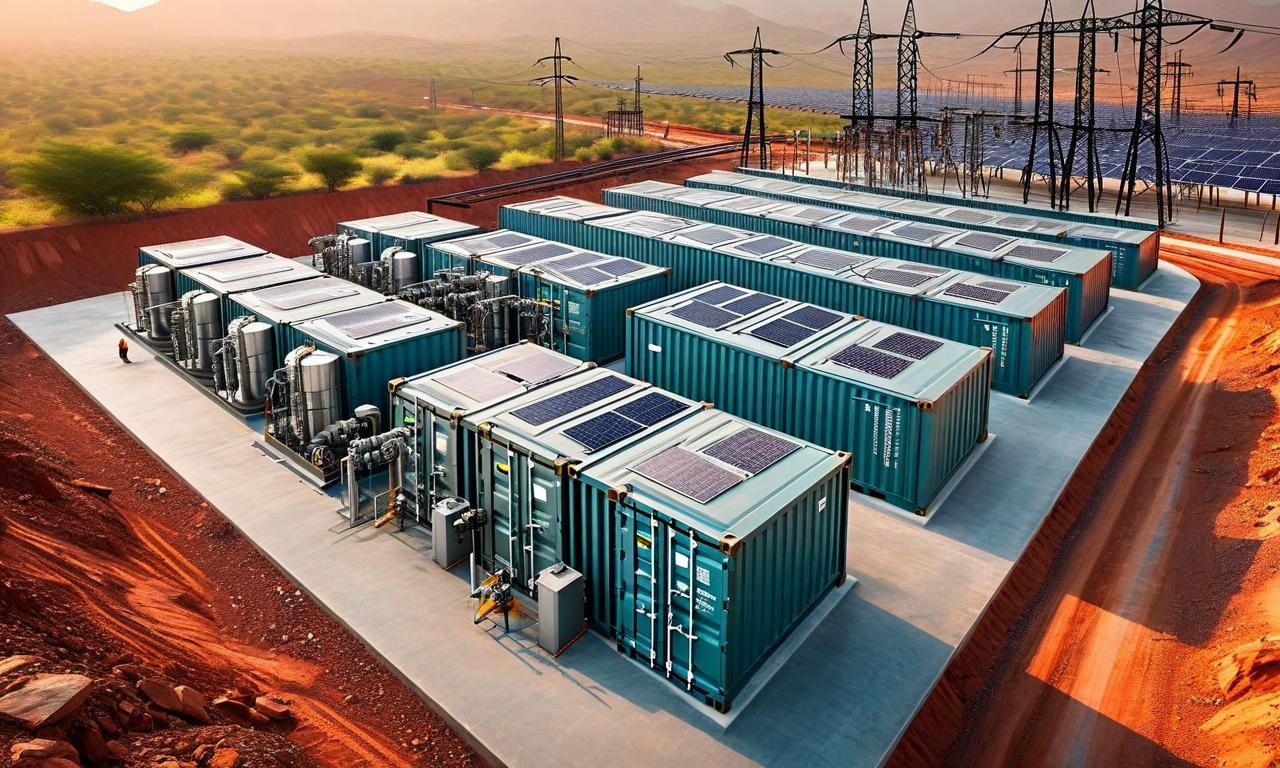UK Imposes Sweeping Sanctions on Russian Oil Giants and Indian Refiner
The UK has announced extensive sanctions targeting Russia's energy sector, affecting 90 entities including major oil companies Rosneft and Lukoil, Indian refiner Nayara Energy, 44 oil tankers, 4 Chinese oil terminals, and 7 LNG tankers. The sanctions provide wind-down periods until late 2025 for major companies. This move could significantly impact India's energy landscape, as Russia supplies about 36% of India's oil imports. The sanctions also ban imports of petroleum products refined in third countries using Russian crude oil, aiming to close potential loopholes.

*this image is generated using AI for illustrative purposes only.
The United Kingdom has announced a comprehensive set of sanctions targeting Russia's energy sector, affecting major players in the global oil industry. These measures, aimed at curtailing support for Russia's energy sector, may have far-reaching implications for international oil trade and energy security.
Key Sanctions and Their Scope
The UK government has imposed sanctions on 90 entities, including:
- Russian oil majors Rosneft and Lukoil
- Indian refiner Nayara Energy
- 44 oil tankers
- 4 Chinese oil terminals
- 7 LNG tankers
Impact on Indian Energy Sector
The inclusion of Nayara Energy in the sanctions list is particularly significant for India's energy landscape:
- Rosneft owns a 49.13% stake in Nayara Energy
- Nayara operates one of India's largest refineries in Vadinar, Gujarat
Sanctions Timeline and Implications
| Entity | Wind-down License Expiry |
|---|---|
| Rosneft and Lukoil | November 29, 2025 |
| Nayara Energy | November 13, 2025 |
These timelines allow for a gradual transition, but may pose significant challenges for the affected companies and their partners.
Broader Impact on India's Energy Security
The sanctions could have substantial effects on India's energy landscape:
- Russia currently supplies approximately 36% of India's total oil imports
- Indian companies may face increased compliance costs and potential supply disruptions
- There could be mounting pressure on India to reduce its Russian oil imports
Global Oil Trade Disruption
The sanctions on tankers and terminals highlight the wide-reaching nature of these measures:
- The sanctioned tankers transported 89.1 million barrels from Russian ports between January and September
- The inclusion of Chinese oil terminals suggests a broader strategy to limit Russia's oil export capabilities
New Import Restrictions
In addition to entity-specific sanctions, the UK has implemented a new policy:
- Imports of petroleum products refined in third countries using Russian crude oil are now banned
- This measure aims to close potential loopholes in the sanctions regime
These comprehensive sanctions represent a significant escalation in efforts to isolate Russia's energy sector from global markets. While the immediate impact is clear for the named entities, the long-term consequences for global energy trade and geopolitical relationships remain to be seen. Companies and countries involved in Russian oil trade will need to carefully navigate these new restrictions to ensure compliance and mitigate potential disruptions to their energy supply chains.




























